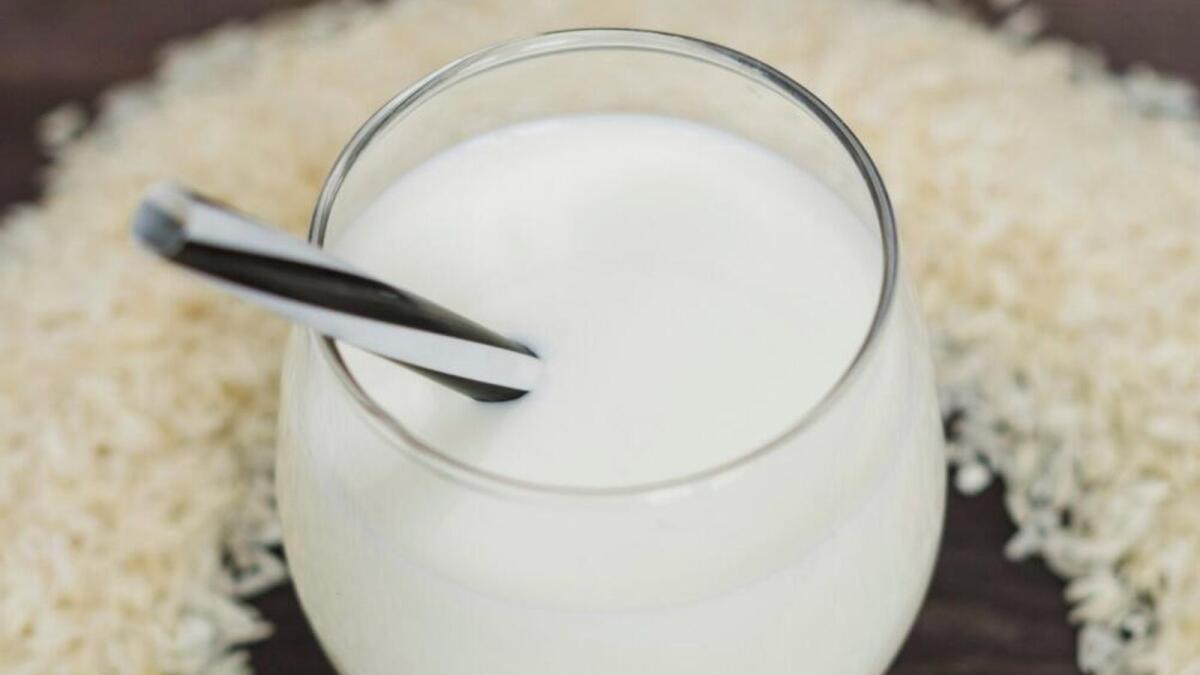Rice-zempic, a trending diet on social media, involves soaking rice in water overnight and then drinking it with lime juice before meals to aid weight loss. Influencers claim that it can lead to weight loss similar to Ozempic, a popular anti-obesity medication. However, medical experts have debunked this trend, stating that rice water does not offer the same metabolic effects as Ozempic. Ozempic works by activating receptors in the brain to reduce appetite, slow digestion, improve insulin secretion, and provide cardiovascular benefits.
Dr. Grace Fabrizia Graziani and Dr. Laura Holland caution against the rice-zempic trend, stating that it may temporarily suppress appetite but does not mimic the metabolic effects of medications like Ozempic in the long term. They also highlight the risks associated with consuming rice water, such as potential exacerbation of acid reflux and harmful levels of arsenic. Dr. Dana Hamwi emphasizes that the drink has no scientific basis and any weight loss associated with it would be temporary.
The experts advise against following diet trends popularized on social media platforms like TikTok. They caution that these trends oversimplify complex metabolic processes and offer misleading shortcuts that can harm long-term health. Dr. Grace stresses the importance of individual health needs and warns against inadequate nutrient intake and imbalanced diets. Instead, they recommend a whole plant-based diet focusing on nutrient-rich plant foods while minimizing animal products for sustainable weight loss.
Dr. Laura explores traditional uses of rice water in alternative medicines like Traditional Chinese Medicine (TCM) and Ayurveda. In TCM, rice water is used for digestive health, while in Ayurveda, it is known as ‘kanji’ and is used as a light and easily digestible food. However, these traditional uses are not intended for weight loss, unlike the rice-zempic trend. Dr. Dana cautions that following fad diets could potentially lead to eating disorders and suggests adopting healthy eating habits and a balanced lifestyle with proper nutrition and exercise.
In conclusion, the rice-zempic trend may offer temporary weight loss benefits, but it lacks scientific evidence and may pose risks to health. It is important to consult with medical professionals or nutritionists before following any diet trend popularized on social media. Instead, focus on holistic approaches to weight loss such as a whole plant-based diet and regular exercise for long-term health and sustainable results. Prioritizing nutrient-rich foods and avoiding shortcuts or fad diets is key to achieving and maintaining a healthy weight.








